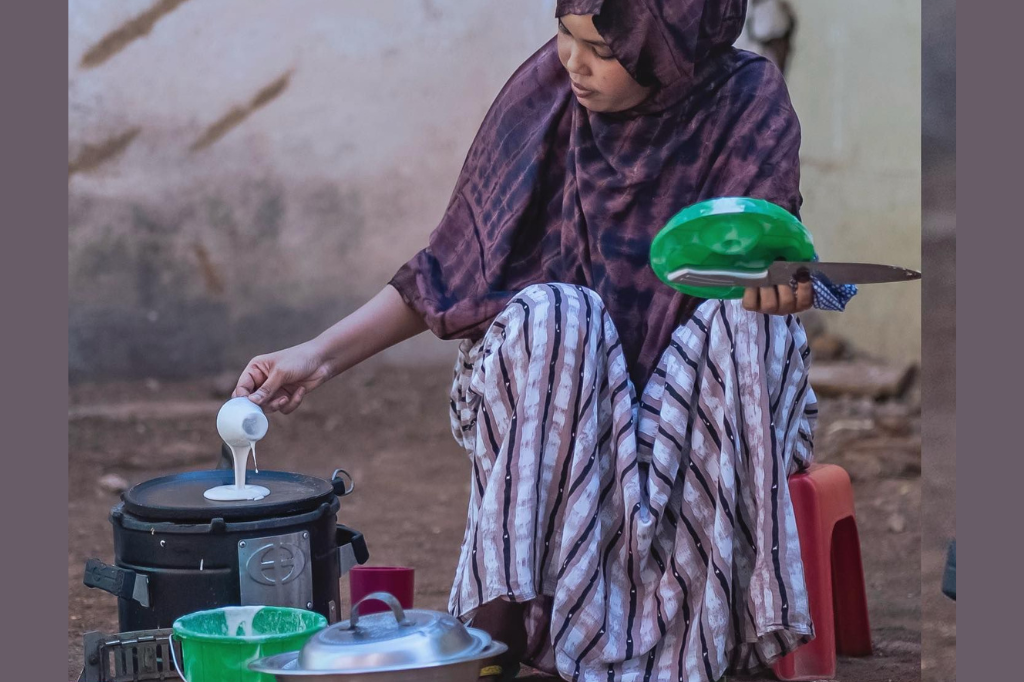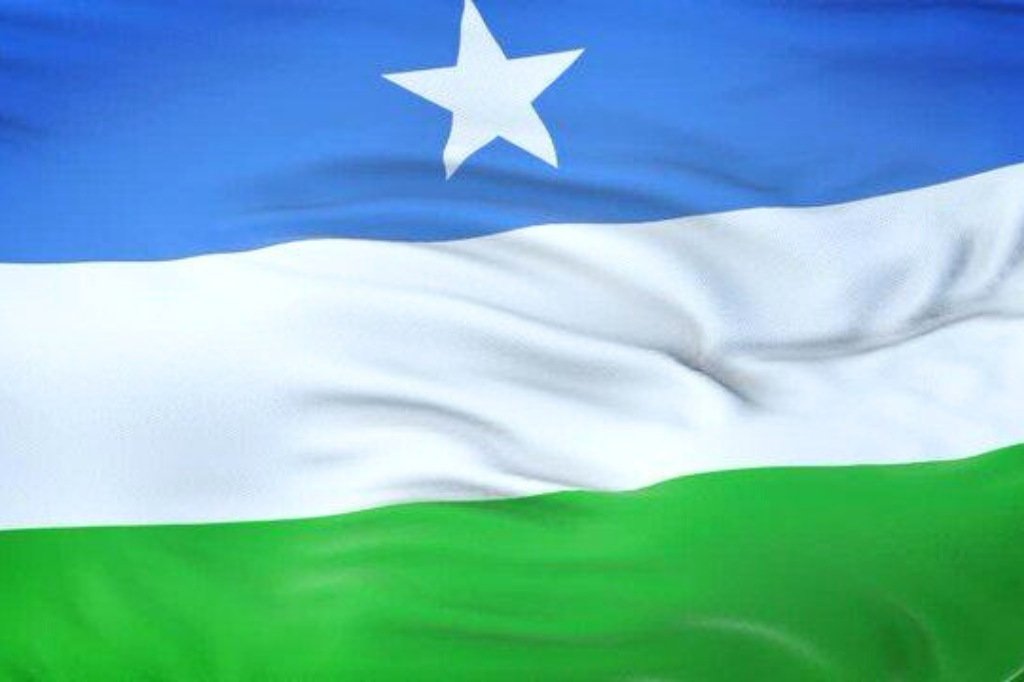
Thinking Outside the Box: Somalia’s Development Should Start at Home

Does Somali culture need Dhaqan celis?
I recently read an article on how businesses adapt their cultures to new leadership, while maintaining their core values. This got me thinking about whether a similar approach could be applied to Somali culture to bring about positive change in the country. As a Somali, I am proud of our “dhaqan”, but I also recognize that there may be aspects of it that could be adapted or changed for the better. In this article, I will explore whether it is possible to adapt and change our cultural norms, and why doing so may be necessary to improve Somalia’s fortunes.
What is Culture?
Culture is the characteristics and knowledge of a particular group of people, encompassing language, religion, cuisine, social habits, music, and arts.
If we go a step further, anthropologist Cristina De Rossi describes culture as “Culture encompasses religion, food, what we wear, how we wear it, our language, marriage, music, what we believe is right or wrong, how we sit at the table, how we greet visitors, how we behave with loved ones and a million other things”.
Now if we take that description, as Somali people, it is obvious to me that there are quite a few things that we can change for the better. There are also the more serious and absurd cultural practices like FGM (female genital mutilation) that most agree it’s time to leave behind altogether.
So that brings the questions, are there more things in culture that we can change that can help us turn the country’s fortunes around?
Ghana & south Korea.
In a paper called Aid and state transition in Ghana and South Korea, Jiyeong Kim an anthropologist in the university of Seoul, examines how the questions of why and how foreign assistance was utilised successfully in South Korea but less so in Ghana, with a focus on the role of aid in the process of state building and state transition in these two countries. The paper goes deeply on how in 1957 both countries had a similar GDP per capita income and how one country achieved transformation and the other did not.
In the paper, Jiyeong Kim explores the role of colonial legacy to Ghana’s and South Korea’s modern state. How the Japanese colonial powers contributed to the country’s development and introduced the modern state to the Koreans, while the British colonials did not attempt to introduce modernity and were exploitative, repressive & highly divisive instead.
According to Huntington (2000), culture had a major role in explaining this: “as a culture, South Koreans value thrift, investment, hard work, education, organization, and discipline. In short, cultures count. When it comes to Somalia, our culture does not value hard work, organization, or discipline. We are bad with time, These cultural values can have a significant impact on our ability to develop as a nation.
However, this doesn’t mean that cultural change is impossible. In fact, there are many examples from around the world that suggest that culture can be adapted to promote development and progress. By changing our cultural values and norms, we may be able to bring about positive change in Somalia.
One way to achieve this is through education. By educating people about the importance of hard work, organization, and discipline, we can change cultural values from within. This may require a long-term investment in education and public awareness campaigns, but it could be a powerful tool for cultural change.
Another way to bring about cultural change is through policy. Governments can implement policies that promote values such as hard work, innovation, and trust. For instance, the Singaporean government has implemented policies that promote entrepreneurship and innovation, which has helped to make Singapore one of the most prosperous and technologically advanced countries in the world.
Of course, cultural change is not easy, and it may face resistance from those who are attached to traditional values and ways of life. I mean we eat the same food, we have the same haircuts and we dress the same way. However, if we are willing to invest in education and policy, and if we can foster a culture of openness and dialogue, then cultural change may be possible.
Gender roles:
Growing up I had 5 siblings, in total we were 5 boys and 1 girl. My sister was the oldest and was basically like a second mother to me and the 3 boys younger than me. She cared for us, made us meals and snacks, did most of the house chores and still managed to get high grades and went to a great university on a full scholarship. She was so hardworking that she’d often times cook with one hand holding a book and the spatula on the other and my mother would complain about it because many times she’d forget a vital ingredient like xawaash or salt.
Us boys on the other hand were a different story, all our parents would ever ask of us was to study and get good grades and all of us would only do above average most of the time. My parents were baffled, They thought all these guys had to do was study, no chores, no other responsibilities and they still aren’t doing so well at school. This had me thinking, even on my best days, on my most motivated and disciplined days, I could never match my sisters hard work until I heard my sister complain one day about how when she was younger Mom & Dad made her do everything and it hit me, hard work is thought through responsibility.
Men should not be expected to achieve great things suddenly when they were never provided with the necessary tools from a young age, which is also unfair. Not too long ago in Somali history there were clearly defined gender roles and each was responsible for their part in upholding the family. Young teenage boys and Men were primarily responsible for herding and protecting the livestock, which was the primary source of livelihood for the community. They would often travel long distances with their herds in search of water and pasture. Men were also responsible for providing security and defense for their families and communities while women were primarily responsible for domestic tasks such as cooking, cleaning, and caring for children.
Come modern day, women in Somalia still do most of these things on top of going to school and getting employed and us men are never thought about responsibility from a young age anymore. This have many bad effects like lack of self-confidence, low motivation, general lack of accountability and just being lazy. This effects individuals’ future success and in turn the country’s. Our parents are not doing us any favors by not instilling a work in us since we’re young anymore and in my opinion that needs to change soon starting this Ramadan.
Clan politics:
Of course progress cannot be discussed without mentioning the main villain in Somali existence for the last few decades, clan politics. Korea, like Somalia mostly, consists of one big ethnicity like Somalia. Koreans can be linked to at least 36,000 different family clans compared to Somalia which consist of a slightly more than 500 clans and sub-clans and for Korea, being composed of one ethnic group has contributed to a high level of nationalism and stability while it did not in Somalia. Of course, this could be contributed to the divisive British & Italian colonial rule but also could be contributed to the culture of the pre sedentary nomadic Somali who relied on clan for stability and safety.
In conclusion, culture plays a significant role in shaping the fortunes of nations. For Somalia to achieve sustainable development and progress, we may need to consider adapting our cultural values and norms. This will require a long-term investment in education, policy, and public awareness campaigns, but it could be a powerful tool for positive change. By embracing change, we can build a better future for ourselves and for generations to come.
Eating this way is not a culture and it is not something everyone does. It is a thing that arose from sharing a limited plate with others. Here needs a better example
Whether trust in authority is good or bad is debatable, however, it does not hinder a country’s potential or development. America is a prime example where the constitution promotes distrust in authority, yet is the most developed nation on the planet.
Related News




Somalia’s Single-Use Plastic Bag Ban Was Long Overdue

Election in Puntland: A Historical Overview


Somalia at COP28 Recap: Key Highlights and Outcomes

Breath of Fresh Air: The Force Behind Mogadishu’s Newfound Security

